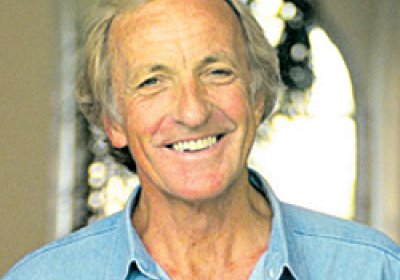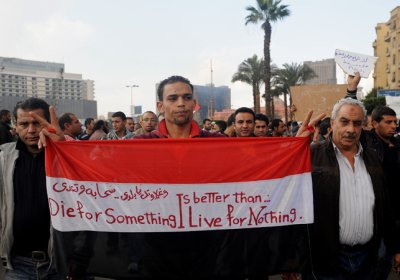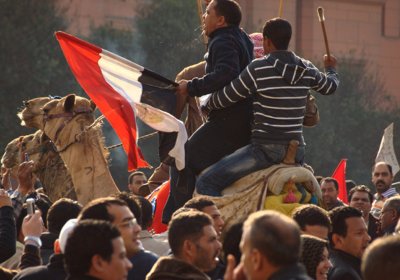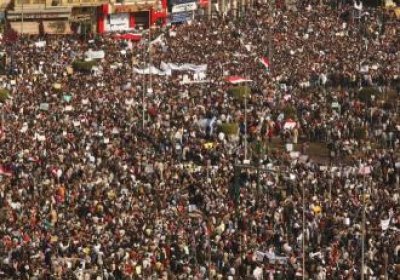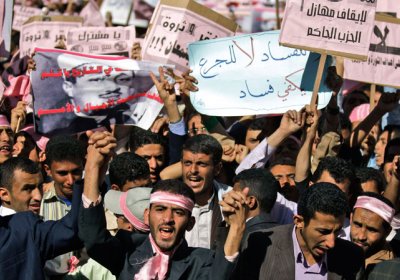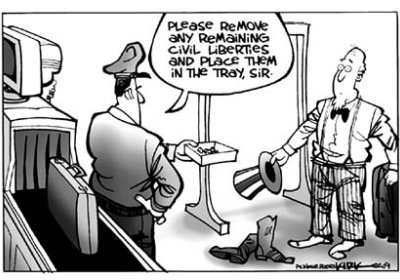Democracy
All those scenes from Cairo of mass demonstrations look like the perfect expression of the big society. So we can only assume British PM David Cameron wants us to try something similar here. It would certainly encourage more people to take an interest in politics.
After as many as 2 million people took over Tahrir Square and the streets of Cairo, with millions more across Egypt, on February 1 to demand on end to the US-backed dictatorship of Hosni Mubarak, the regime responded with a violent assault on protesters continuing to occupy the square.
List of protests in support of Egyptian democracy movement, against Western support for regime
International Socialist Review editor Ahmed Shawki reports from Cairo on the latest mass protests against Hosni Mubarak--and what the future holds for Egypt's uprising.
Al Jazeera.net reported on January 29 that new protests had erupted in the Middle Eastern nation of Yemen, which sits at the bottom of the Arab peninnsular, demanding an end to the regime of President Ali Abdullah Saleh. The site reported on January 28 that thousands had also taken to the streets in anti-government protests in Jordan, with people angry over price rises and unemployment.
- Previous page
- Page 501
- Next page
